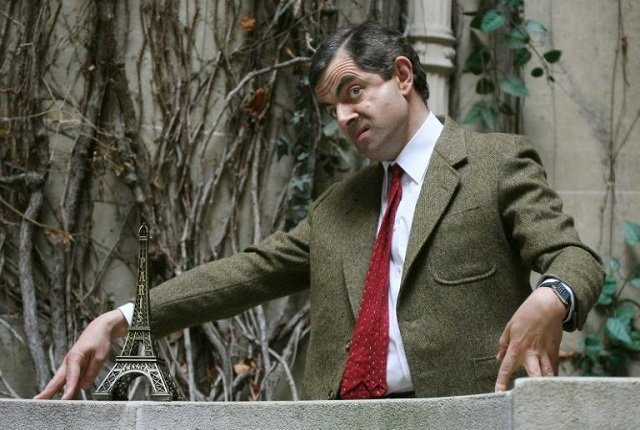Goodbye Mr Bean: EU missing Britain's 'sense of humour'
For the past couple of months Britain has largely stopped sending its national officials to EU meetings

For 47 years British humour was present in the EU's corridors of power. After Brexit, it will disappear. PHOTO: AFP
"The first thing (being missed) is the sense of humour" Britain's EU commissioners brought to meetings, European Commission Vice President Margrethe Vestager told journalists.
"That may be coming from the Danish point (of view), because I think we share some of the same way to making ourselves laugh," the high-ranking commissioner hailing from Denmark said.
For the past couple of months Britain has largely stopped sending its national officials to EU meetings and Julian King, Britain's last commissioner, was not re-appointed to EU president Ursula von der Leyen's new commission.
Lower-ranking British officials already working in the European Commission will be able to continue on in their jobs, under an EU-British divorce deal worked out late last year.
But their career prospects for advancement in EU institutions look limited unless they secure a second, EU nationality, as many have.
Vestager said that, along with the British sense of humour, Britons' mastery of English, the main working language in the Commission, will also be missed.
"I miss them because they came with the UK culture and language skills that we don't hold, all of us," she said.
A thousand EU financial firms plan to open UK offices after Brexit
Although now almost fluent in English, Vestager recalled when she first started at the Commission: "I was really struggling."
She said she turned to Britain's commissioner at the time, Jonathan Hill, and asked: "Are you exhausted by hearing how we all treat your language? And he said, 'Well no, of course not, I'm so honoured that you are all trying'."
Nevertheless, she said, the use of English posed a problem for some at the EU given the technical and complex issues they deal with.
"You have to be very careful that actually you say what you think you are saying. And course I heard that from colleagues too, they had also to consider what they are saying," she said.
Although Ireland and Malta have native English-speaking officials, Brexit has focused minds on whether English should continue to dominate in the Commission.


















COMMENTS
Comments are moderated and generally will be posted if they are on-topic and not abusive.
For more information, please see our Comments FAQ